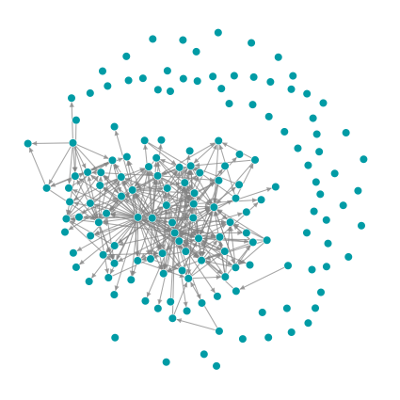5G, as the fifth generation of broadband internet technology is called, was first made available to the public in 2018. Now in July of 2021, AT&T, T-Mobile, and Verizon Wireless all tout 5G networks as new 5G compatible devices, such as the iPhone 12, become more readily available. Even though 5G is still arguably in the early stages of its rollout, business owners and leaders of all kinds will need to keep an eye on its development, as it's likely to affect their operations in the future.
What is 5G, and what are its benefits?
5G is the latest in wireless broadband technology. Including 5G, there have been five generations of such technology, each one allowing users to both send and receive more data, more quickly than the generation that preceded it. CNET, a popular, IT consumer magazine, ran speed tests of early 5G networks in 2019. Depending on the area of coverage, carrier, and devices tested, some 5G networks exceeded a download speed of 1.5 gigabytes per second. That means one could download a Blu-Ray movie's worth of data in about 17 seconds. Moreover, 5G networks sport considerably lower latency rates than earlier networks. Latency is the time it takes for a network to respond to a user's input. For example, if someone is checking their email, the latency is the time it takes for a network to recognize that a user has clicked on an unread message and then signal to the email provider's home server that the email has been opened.
Both of these developments have immense implications for the efficiency of computerized communication networks, especially relating to work. Faster data transfer times and low latency allows numerous devices to transmit large amounts of data almost instantaneously. This not only helps workers communicate with one another more efficiently, but it also facilitates the expansion of automated labor through robotics. Human operators can now better communicate with their machines, and the robots themselves can communicate more efficiently with each other to coordinate tasks without oversight. Some sectors, such as freight shipping, are already experimenting with automating transport. A nation-wide operation of that kind would not be able to run smoothly on 4th generation networking. As such, it's easy to imagine 5G speeding up the transition to automation in numerous sectors: consumer transport, manufacturing, shipping, and construction, just to name a few. An automated workforce that never sleeps and doesn't need to be supervised would likely balloon the profit margins of any enterprise that's able to take advantage of such technology.
The Bigger Picture
Understandably, there have been worries about how such developments could cause massive disruptions in labor by making human workers redundant. But it's important to note that 5G infrastructure, at least at first, is unlikely to be deployed equally across geographic areas. The higher speeds clocked in the test linked above all occurred in major metropolitan regions. Places outside of major cities and into the countryside aren't likely to have easy access to 5G networks for many years. Moreover, workaday technical issues arise in any network, even one that's virtually finished. In short, it's good for business owners to temper their expectations surrounding hype in the tech sector.
Generally, it's advisable for leaders to think about the big picture before upgrading their hardware to take advantage of 5G. For one thing, compatible devices are often expensive, even at the consumer level. Moreover, the ability of 5G networks to transfer more data on more devices is likely to create security headaches, as hackers will now have more opportunities to exploit vulnerable systems. Organizations will need to make sure their computer security policies and protocols are up to date before making the switch.
Fortunately, a knowledgeable managed IT partner can assess your business to see if using the 5G networks is worthwhile and guide you as you make the transition. To learn more about Titan Tech's managed IT services, click here.
Join us next week for more tech news.

